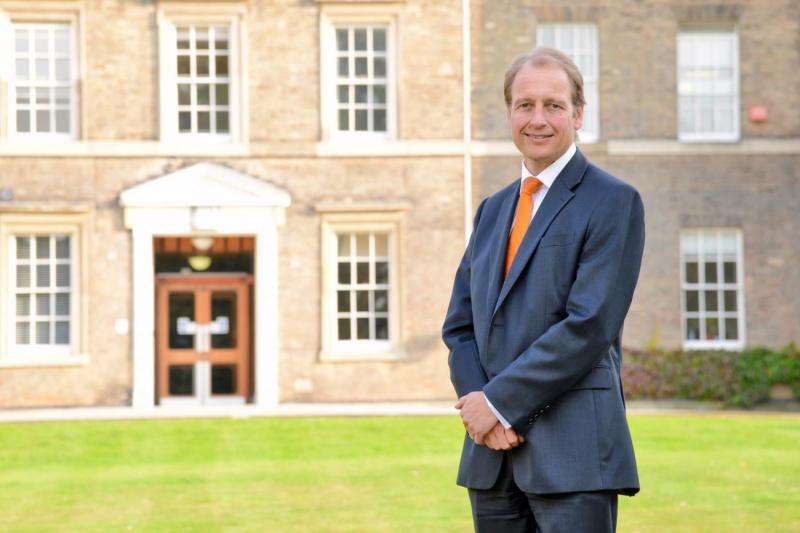Women are more fairly funded in the social sciences

Accounting for academic position, women are as successful as men at winning grants from the Economic and Social Research Council (ESRC), and they receive grants that are actually slightly larger than those won by men. However, women receive a smaller share of the overall funding because fewer reach senior positions, a new study finds.
Prompted by the fact that women appear to receive smaller grants than men in the biomedical sciences, this study used ESRC data from 2008-13 on grant applications, success rates and grant award sizes to compare the differences between female and male social scientists.
Our results show that early career women are more successful than men and receive slightly larger grants. Similarly women professors are as successful as men, and also receive slightly larger grants.
But despite these successes, women overall received only two fifths (41%) of the £127 million allocated in this period.
While roughly half of social scientists are women, only 24% of professorial posts in the social sciences at UK universities were held by women. "We find it is the smaller number of women professors that accounts for the overall difference in grant applications between men and women and the greater success of older men," says the report 'Women are fairly funded in the social sciences' in Nature.
The University of Leicester report by an inter-disciplinary team suggests that "the biomedical sciences in the UK may be able to learn some lessons from the social sciences".
It concludes: "Significant change is unlikely, without some bold re-structuring. Bringing together funding agencies and a consortium of prominent universities who have shown commitment to these issues to develop coordinated approaches could have a significant impact."
Initiatives to improve the gender balance in senior posts and promotions are already underway at the University of Leicester. The University has been selected as only one of ten universities worldwide to be an "impact champion" for the United Nations HeForShe movement. This aims to recruit a billion boys and men involved in championing the rights of women.
Ten university leaders worldwide - including Professor Paul Boyle from the University of Leicester - will join 10 world leaders (including Shinzo Abe, Japan and Stefan Löfven, Sweden) and 10 company chief executives (including Paul Polman, CEO Unilever and Vittorio Colao, CEO Vodafone) to spearhead the campaign with game-changing action for gender equality.
The UN launch of HeForShe in the UK will occur on Tuesday 29 September at the University of Leicester.
Professor Boyle says he is very proud that the University of Leicester has been chosen to take a key part in the HeForShe campaign: "Gender imbalance in the leadership of higher education is a serious issue world-wide," he says.
"Gender equality is not a matter of being nice to women. In a higher education context it is about ensuring that the very best people go into and remain in research and teaching, achieving the greatest results for the benefit of society. It is about making sure that women are not held back by societal expectations of behaviour, systems that favour men, or unconscious bias. It is about making sure that women play an equal role in the senior leadership of our universities."
Professor Henrietta O'Connor, Chair of the University of Leicester Equality and Diversity Committee, said: "Of course, gender equality has to be embedded in the wider society but universities have a crucial role to play. Students come to us at a formative stage in their lives and the values learned there will shape their subsequent views significantly. Of all places, universities are institutions where men and women should be treated fairly and equally. The United Nations Women movement is an opportunity for us to join with others to build on this further and help achieve genuine cultural change."
More information: 'Women are funded more fairly in social science', Nature, 10 September 2015 DOI: 10.1038/525181a
Journal information: Nature
Provided by University of Leicester















